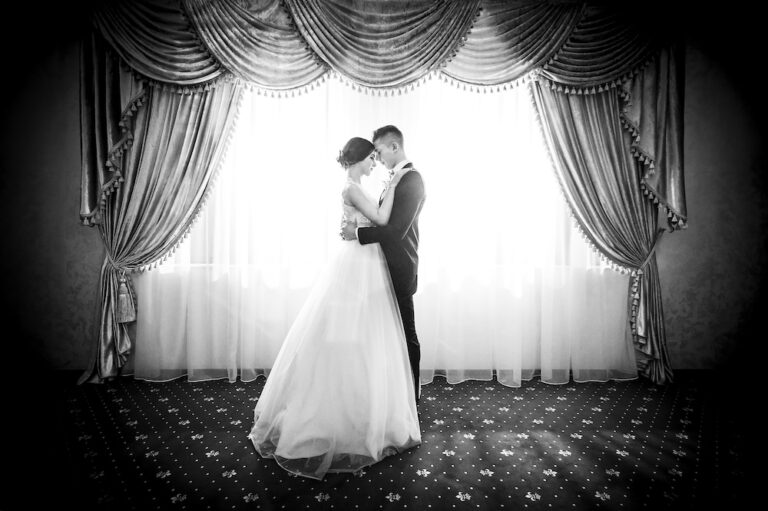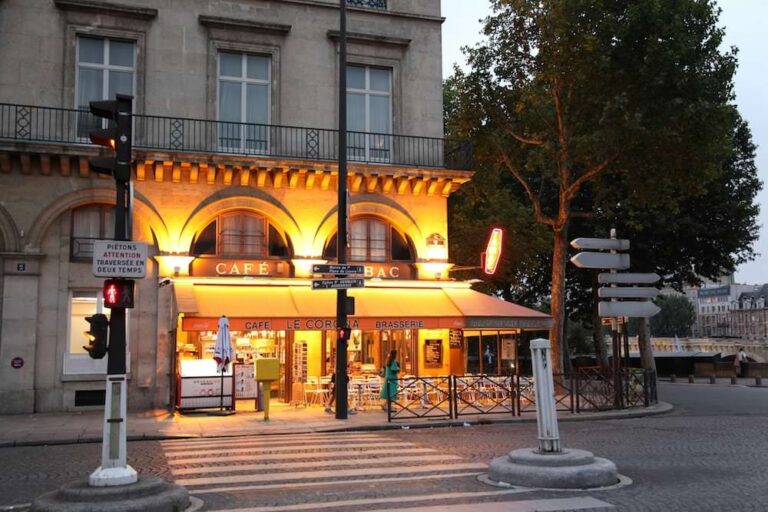être censé
Understanding the French Verb “Censer”
The verb “censer” is a bit unusual in French because it’s primarily used in its passive form “être censé(e)” which translates to “to be supposed to.”
Note: There is no need to use “de” or “à” with “être censé.” “To be supposed to do” is simply “être censé faire.” “Etre censé de faire” and “être censé à faire” are both incorrect.
Conjugation of “Censer”
Since “censer” is mainly used in the passive form “être censé(e),” it is important to know how to conjugate both the verb “être” (to be) and “censer” itself. However, the active form of “censer” is very rarely used in modern French, so most examples focus on the passive construction.
Present Tense of “Être censé(e)”
Here is how “être censé(e)” is conjugated in the present tense:
| Pronoun | Conjugation |
|---|---|
| Je | suis censé(e) |
| Tu | es censé(e) |
| Il/Elle/On | est censé(e) |
| Nous | sommes censé(e)s |
| Vous | êtes censé(e)(s) |
| Ils/Elles | sont censé(e)s |
Note: The agreement of “censé(e)” depends on the gender and number of the subject. For example, “je suis censée” (if the speaker is female), “nous sommes censés” (for a mixed group or all-male group), and “elles sont censées” (for an all-female group).
Passé Composé of “Être censé(e)”
The passé composé for “être censé(e)” combines the present tense of “être” with the past participle “censé(e).”
| Pronoun | Conjugation |
|---|---|
| J’ | ai été censé(e) |
| Tu | as été censé(e) |
| Il/Elle/On | a été censé(e) |
| Nous | avons été censé(e)s |
| Vous | avez été censé(e)(s) |
| Ils/Elles | ont été censé(e)s |
Examples of “Être censé(e)” in Sentences
- Present Tense:
- Je suis censé(e) terminer ce projet aujourd’hui.
(I am supposed to finish this project today.) - Ils sont censés arriver à 18h.
(They are supposed to arrive at 6 PM.) - Tu es censé(e) savoir ça!
(You’re supposed to know that!) - Cet endroit est censé être très calme.
(This place is supposed to be very quiet.)
- Passé Composé:
- Nous avons été censés partir plus tôt.
(We were supposed to leave earlier.) - Elle a été censée étudier pour l’examen.
(She was supposed to study for the exam.)






